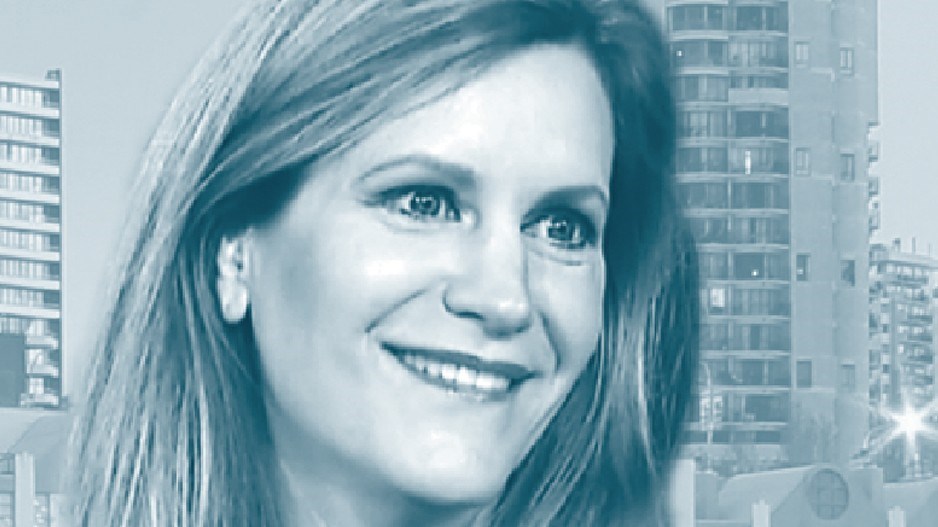Here is an interesting fact: the Depp vs. Heard trial is the most popular event in the world right now. Actor Johnny Depp is suing his former spouse, Amber Heard, in the State of Virginia, for US$50 million for defamation over an op-ed piece she wrote in the Washington Post in 2018 about domestic abuse. She is counter-suing him for US$100 million.
Depp was one of the most sought-after actors in the world until Heard’s allegations that he was an alleged wife beater stalled his movie career, and Depp says, took “nothing less than everything” from him.
Creator economy
The popularity of the Depp trial is playing out on YouTube and TikTok. The social media engagement statistics are astounding. For example, on TikTok, the hashtag #JohnnyDepp has garnered 21.9 billion views, #JusticeForJohnnyDepp has 12.6 billion views, #AmberHeardIsALiar has 12 billion views and #JohnnyDeppIsInnocent has 4.1 billion views.
On YouTube, hundreds of millions of viewers watch the trial live daily or watch video clips of the trial weaved together by creators. Measuring by hashtag views, the trial has surpassed #Ukraine in terms of cultural interest online.
The last culturally impactful trial that was broadcast in the US was the O.J. Simpson trial; it attracted 100 million viewers and that was a record at the time.
CourtTV, which was dissolved in 2008 and revived as a company in 2019, is broadcasting the Depp vs. Heard trial live around the world. Its daytime ratings have doubled since covering the trial. Its streaming numbers have quadrupled and so has its ad revenue.
All of this social media engagement has catapulted the growth of the creator economy in what is typically viewed as a “boring” topic for GenZs on social media – the law. Some creators are pulling in hundreds of thousands of dollars per video they post about the trial and they post videos multiple times a day. An American lawyer who quit law and joined the creator economy says she now earns more than US$5,000 per week creating commentary about the trial on YouTube.
The topic is so lucrative for creators (and media companies), that some YouTube gamers have switched from creating video game content on YouTube to law content, which is extremely popular, even though they have no subject matter expertise.
Creators turned the tide for Depp
Most of the world on social media supports Depp in the trial, but it wasn’t always that way.
I think there are several reasons for that change, but the main one stems from the fact that Heard advanced a black and white narrative that Depp was the physical and verbal abuser in their relationship and she was physically and verbally abused. As the trial progressed, however, evidence emerged of Heard admitting to physically striking Depp, verbally assaulting him and throwing objects at him.
People don’t like being deceived, and at least on social media, the tide of support turned towards Depp after it became clear that the case wasn’t so black and white. Creators in the creator economy went to work, creating content that supported Depp.
Depp testified that he was the victim of domestic abuse by Heard, not the other way around. His lawyers played an audio clip in which Heard mocks Depp about domestic violence in which she says: “Tell the world, Johnny. Tell them: ‘I, Johnny Depp, a man, am a victim of domestic violence. See how many people believe you.’"
Before Depp’s trial, that answer was “not many.” Now, the answer is closer to “almost everyone on social media.”
Impact of creators
An interesting aspect of the trial is the direct impact creators are having on the actual trial proceedings. Thousands of creators began to fact-check statements Heard made, and created social media posts when they came across evidence that they contend contradicted her statements.
For example, Heard testified that she never played guitar. Hours later, creators flooded social media platforms with a video of Heard playing guitar. Similarly, after evidence was tendered that Heard had used a specific Italian make-up product to cover up alleged bruises on her face allegedly caused by Depp in 2016, the Italian make-up brand released a video on TikTok stating that the product Heard alleged she used to cover up bruises was only manufactured in 2017.
Days later, on re-direct examination, without mentioning creators on TikTok, Heard’s lawyer asked her to explain several of those instances where creators had used contemporaneous evidence to disprove statements made by Heard, specifically the guitar and make-up instances.
It was fascinating that Heard’s lawyers were so influenced by social media creators from all over the world engaged in community impeachment of their client, and sought to undo the damage. The jury doesn’t even see what’s on social media, so who cares?
The reality is Heard’s lawyers care very much and so does Heard’s PR team because the real trial is not the one in a court of law in Virginia – it’s the one taking place in the court of public opinion on TikTok where tens of millions of young creators are determining the fake of Johnny Depp and Amber Heard.
And getting monetized for it. Cha-ching!




